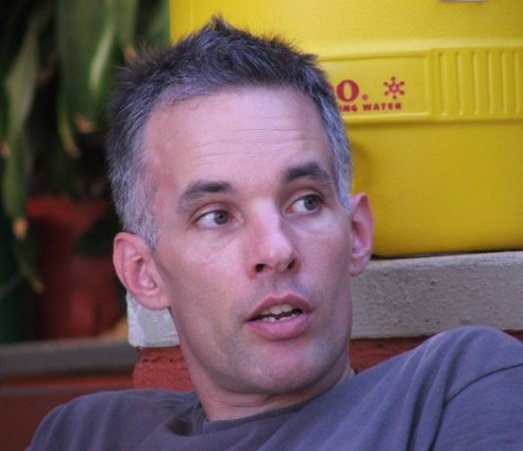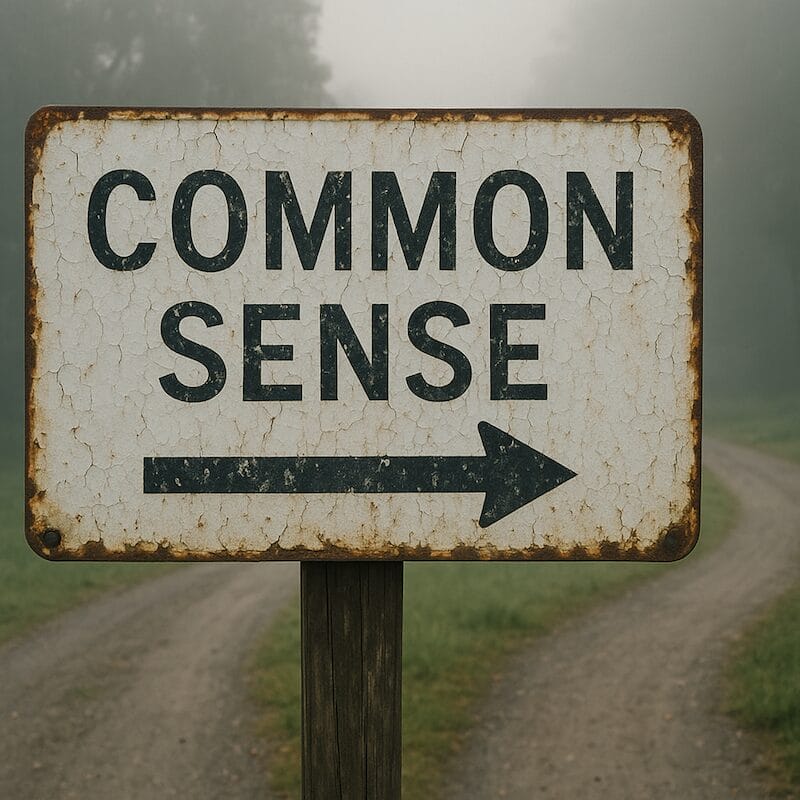There was a time when common sense was, well… common.
You didn’t need a policy, procedure, or committee to decide what was obviously right or plainly wrong.
People used to trust their gut, read the room, and make decisions based on lived experience and practical reasoning.
Somewhere along the way, we lost that.
We’ve become so risk-averse, so obsessed with being offended on behalf of others, that we’ve created a world where basic logic is treated as dangerous.
We warn people that coffee is hot.
We need permission slips to climb a tree.
We remove swing sets from parks because a child might fall.
And then we wonder why resilience is vanishing and anxiety is skyrocketing.
Common sense, at its core, is grounded in trust—trust in people’s ability to observe, judge, and act without needing constant direction.
But the rise of bureaucracy, litigation, and outrage culture has eroded that trust.
Now we assume the worst: that people won’t act responsibly unless forced, that someone will find a way to be offended, that bad outcomes must always have a scapegoat.
In the workplace, we see it in bloated compliance systems that force people to click through hours of training they’ll never apply.
On the streets, we see it in the over-policing of trivial infractions while real problems go unaddressed.
In schools, it’s the banning of games and ideas that challenge or discomfort.
All of it is driven by the same fear: that if we let people think for themselves, something will go wrong—and someone will sue.
But something far worse is happening: we’re raising generations who don’t know how to think for themselves.
Kids who grow up needing to ask permission for everything become adults who wait to be told what to do.
And adults who are constantly shielded from consequences don’t learn accountability.
The death of common sense isn’t sudden.
It’s a slow, quiet erosion.
One absurd rule at a time.
One warning label at a time.
One headline screaming outrage at a time.
The solution isn’t to go backwards, but to go deeper.
To remember that real safety doesn’t come from rules—it comes from awareness.
That real inclusivity doesn’t require censorship—it requires resilience.
That real freedom means accepting that sometimes people will make mistakes, and that’s okay.
Common sense can’t be legislated or mandated.
It can only be taught—by example, by reflection, and by trusting others enough to let them learn.
Maybe it’s time we gave it a chance to live again.

Cameron Blewett is an independent writer and publisher. He helps professionals and organisations turn complex ideas into clear, authoritative writing through Dark Quill Agency. His work spans projects including GreyBeardedVegan.blog, ItsAllAbout.coffee and VeganStoic.com.
